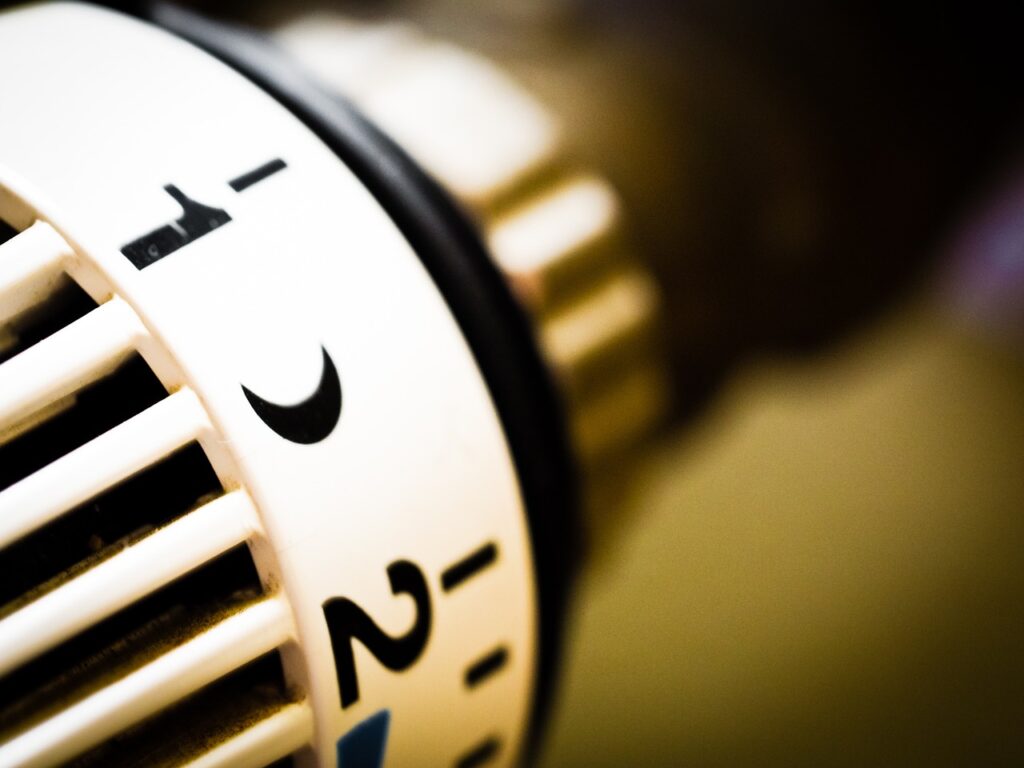Due to the consequences of the war in Ukraine, Federal Minister of Economics Robert Habeck expects a dramatic increase in heating costs in autumn. Meanwhile, he fears that the debate about this could endanger social peace in Germany.
Habeck fears for social peace
On the ZDF programme Maybritt Illner, Habeck said: “We will see a dramatic increase in heating costs. Whether the political measures will then be sufficient to maintain social peace and the feeling that things are fair in this country, that will be the decisive question of autumn and winter”. In the meantime, Habeck is no longer quite sure whether Germany is not running out of breath as a result of the sanctions against Russia. He fears that the longer the war lasts, the less the population will accept it. The outrage over the Russian war of aggression and the atrocities committed in Ukraine could be suppressed by the population the longer the war lasts.

The majority of the population already has to make severe cutbacks
Nevertheless, the population is feeling the increased prices for energy and the resulting rise in costs for many other products of daily use. A good half of Germans already have to restrict themselves due to high inflation. In a survey, 47 percent state that these restrictions are already severe to very severe. The hardest hit are households with low incomes. The proportion of citizens from eastern Germany is higher than the average at 59 percent. According to the Federal Statistical Office, the inflation rate in May was 7.9 per cent. This is the highest value since reunification.
Population in favour of temporary subsidies
The measures adopted by the government are supported by 60 percent of Germans. These include the temporary reduction of the energy tax on fuels, as well as the planned energy price flat rate of 300 euros for employed persons. The introduction of the 9-euro ticket even meets with the approval of 64 percent. However, these temporary measures will expire in just a few months. Inflation will remain high, however, and the war in Ukraine is likely to last longer from today’s perspective. For many, the only option is to make massive savings. At the latest, when the subsidies expire, the justice debate is likely to pick up new steam.
